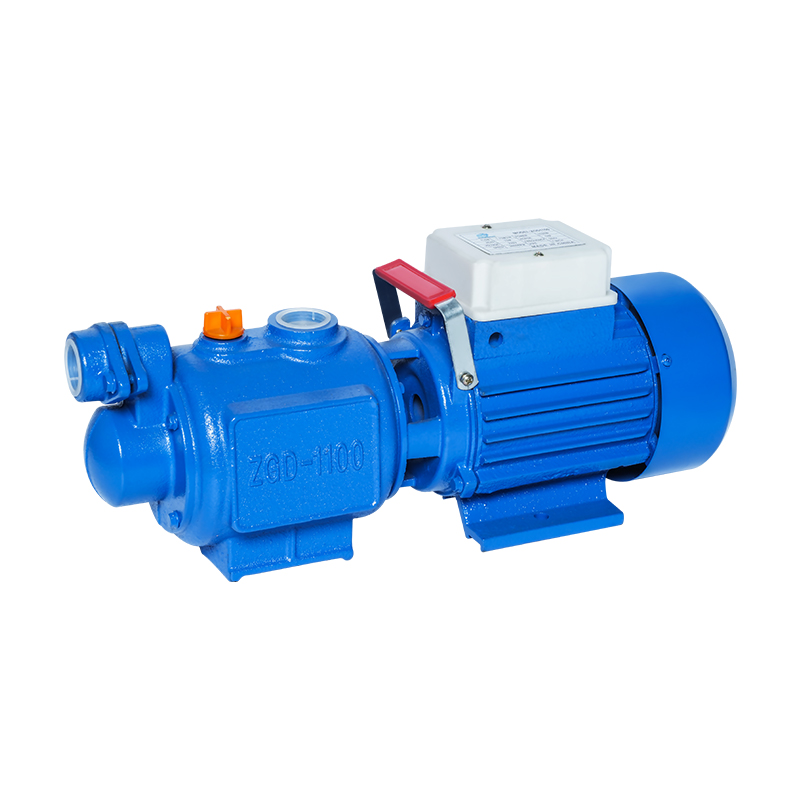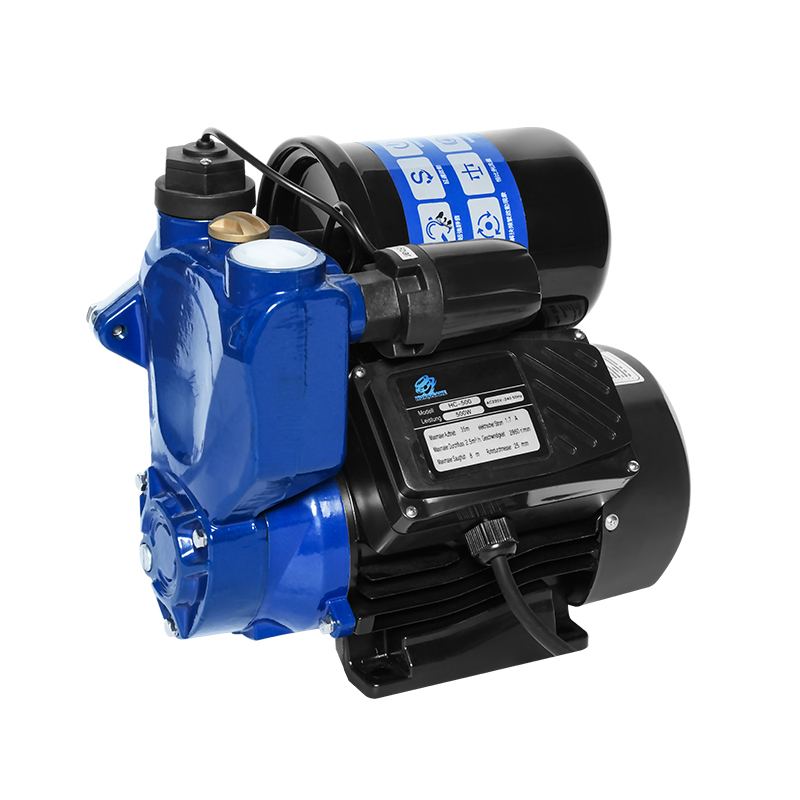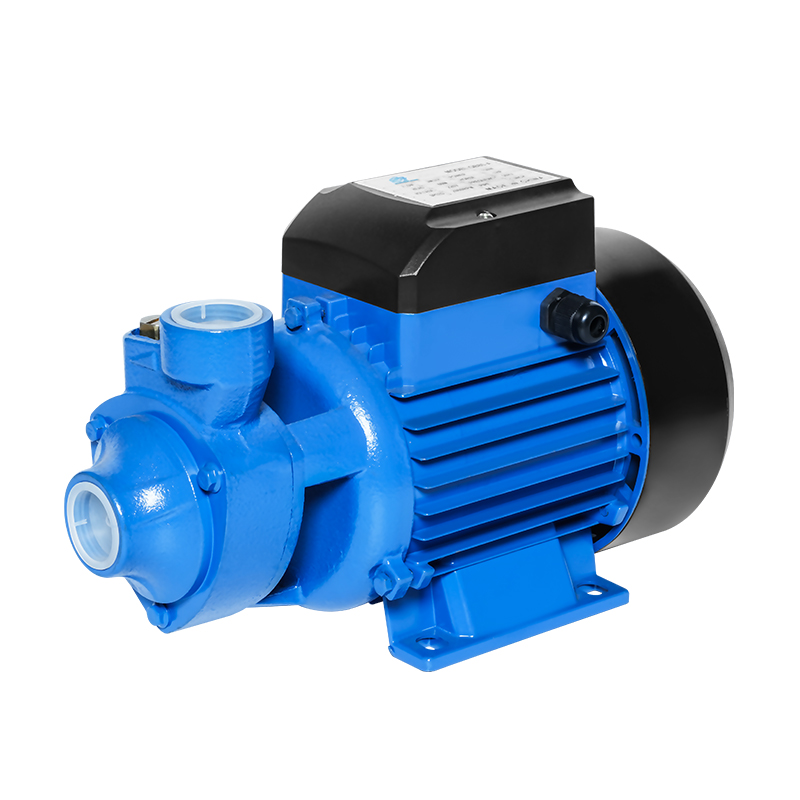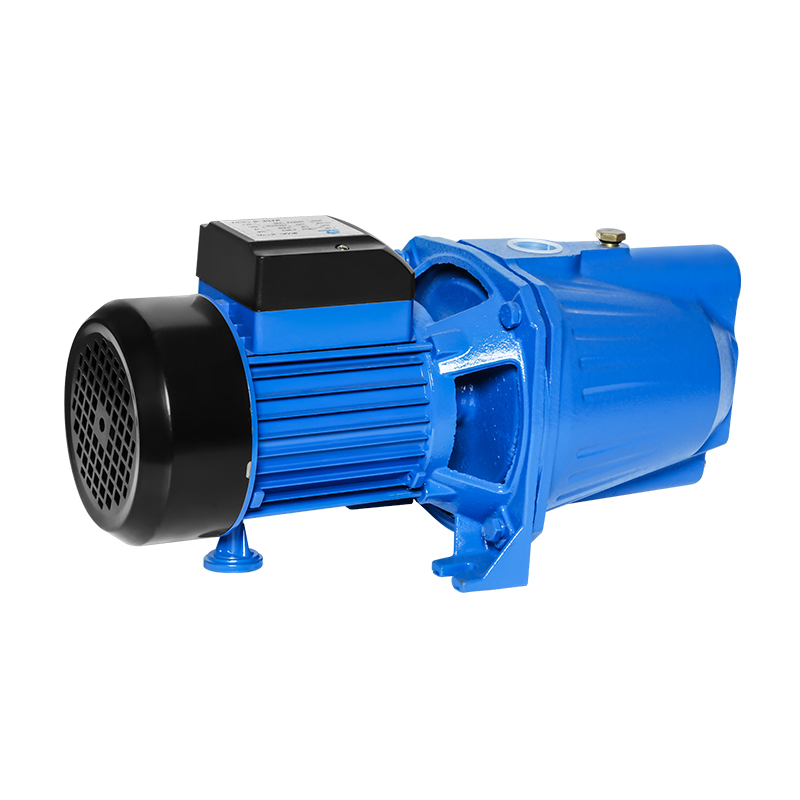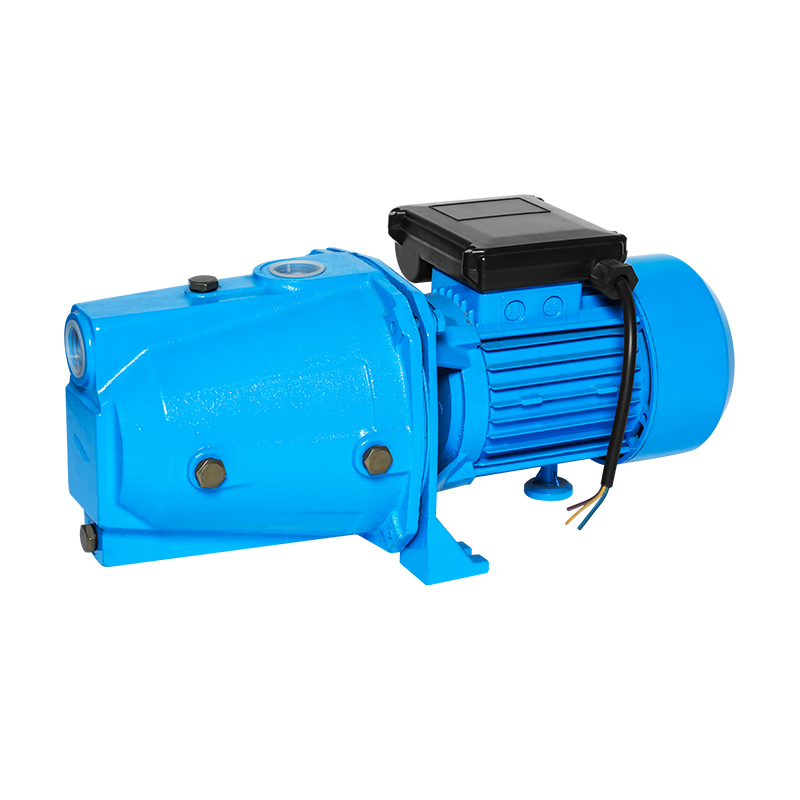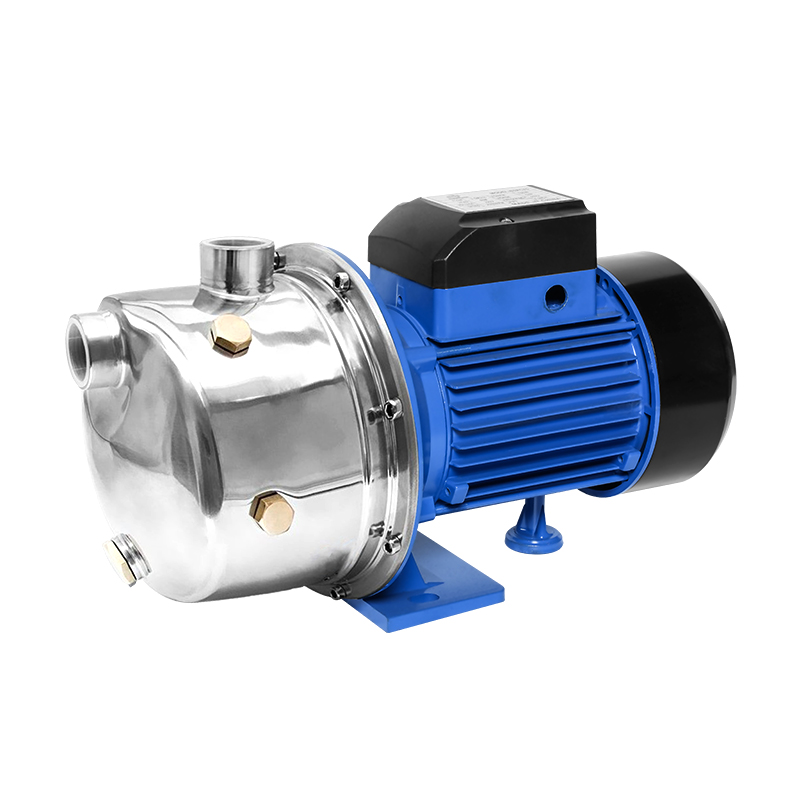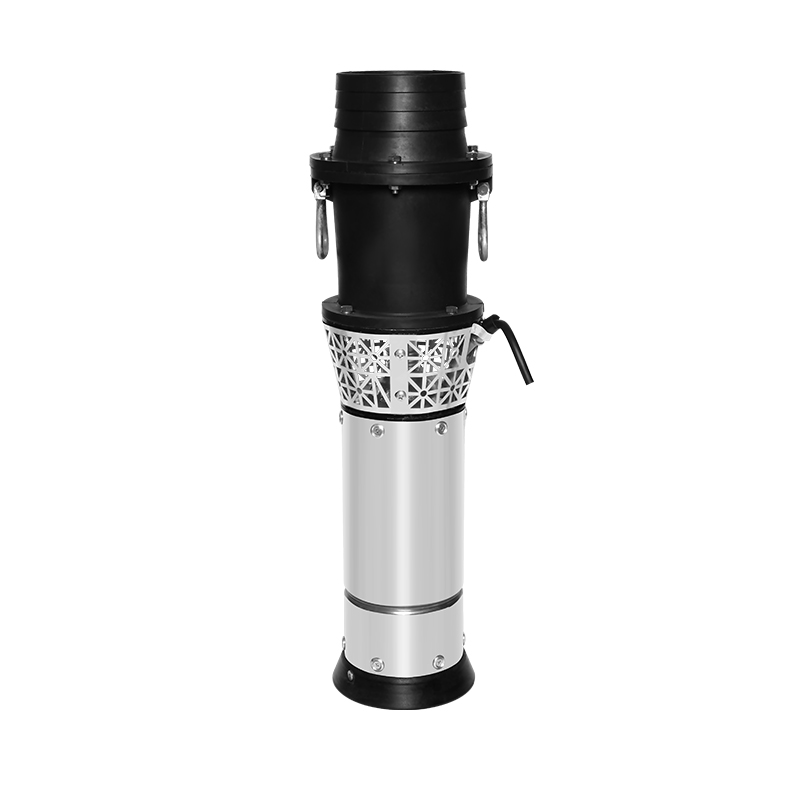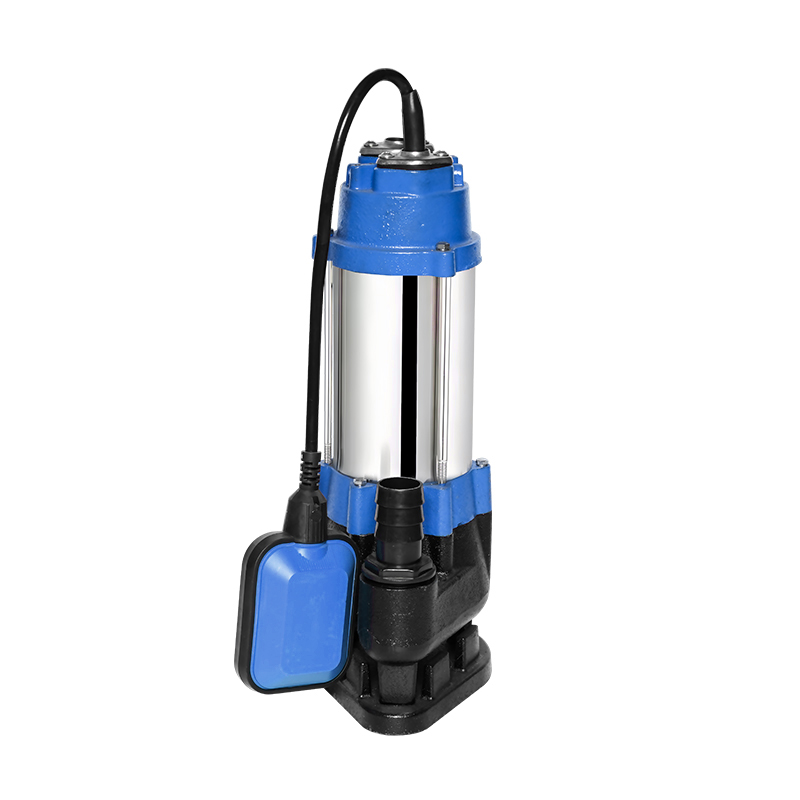What Are the Common Materials Used in Centrifugal Water Pump Construction?
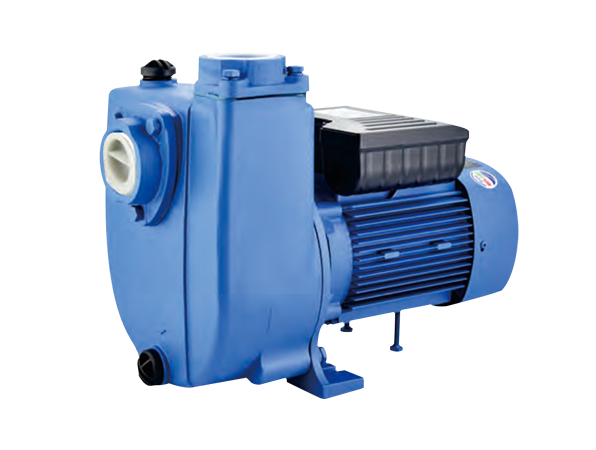
Centrifugal water pumps are widely used across many industries due to their efficient design and reliable operation. The materials used in constructing centrifugal water pumps play a significant role in determining their durability, performance, and suitability for various applications. Understanding the common materials used in centrifugal water pump construction helps buyers and engineers select the right pump for specific conditions and fluid types.
One of the primary materials used in centrifugal water pump construction is cast iron. Cast iron is popular for pump casings and impellers because of its strength, wear resistance, and cost-effectiveness. It provides good mechanical stability and can withstand the pressures commonly encountered in water pumping applications. Cast iron pumps are typically used in general water supply, irrigation, and industrial processes where the pumped water is clean and free of corrosive substances.
Stainless steel is another common material, especially for parts that require corrosion resistance. Many centrifugal water pumps use stainless steel for impellers, shafts, and sometimes pump casings. This material is ideal for applications involving aggressive fluids, saltwater, or chemicals. Its resistance to rust and corrosion makes it suitable for use in marine environments, wastewater treatment, and food processing industries. Stainless steel also offers a smooth surface finish, which helps reduce friction and improve pump efficiency.
Bronze is frequently found in the construction of centrifugal water pumps, particularly for impellers and wear rings. This copper-based alloy offers good corrosion resistance and mechanical strength. Bronze components are common in pumps used in seawater applications and other environments where corrosion can cause rapid deterioration. The use of bronze extends the pump’s lifespan and reduces maintenance requirements when pumping abrasive or mildly corrosive liquids.
For specialized applications, some centrifugal water pumps use materials such as cast aluminum or various plastics. Cast aluminum provides a lightweight option with good corrosion resistance and thermal conductivity. It is used in pumps where weight reduction is important, such as portable or small-scale units. Plastic materials, including reinforced thermoplastics, can be found in pumps designed for chemical handling or where electrical conductivity needs to be minimized. These materials help protect the pump from aggressive fluids while reducing production costs.
Seals and gaskets in centrifugal water pumps are often made from materials like rubber, Viton, or Teflon. These components are crucial for preventing leaks and maintaining pressure within the system. The choice of seal materials depends on the type of fluid being pumped and the operating temperature. Durable seals help enhance the reliability and longevity of the pump.
The shaft of a centrifugal water pump is commonly made of stainless steel or carbon steel, depending on the required strength and corrosion resistance. Stainless steel shafts are preferred when pumps operate in harsh environments or with corrosive fluids. Carbon steel shafts are more economical and are used in less demanding conditions. Proper material selection for the shaft ensures smooth rotation and minimizes wear on bearings and seals.
Centrifugal water pump construction commonly involves materials such as cast iron, stainless steel, bronze, aluminum, and various plastics. Each material offers specific advantages related to strength, corrosion resistance, weight, or cost. Selecting the appropriate materials based on the pump’s application and operating conditions is essential to achieving reliable performance and extended service life. Understanding these material options helps users choose centrifugal water pumps that meet their specific needs.


